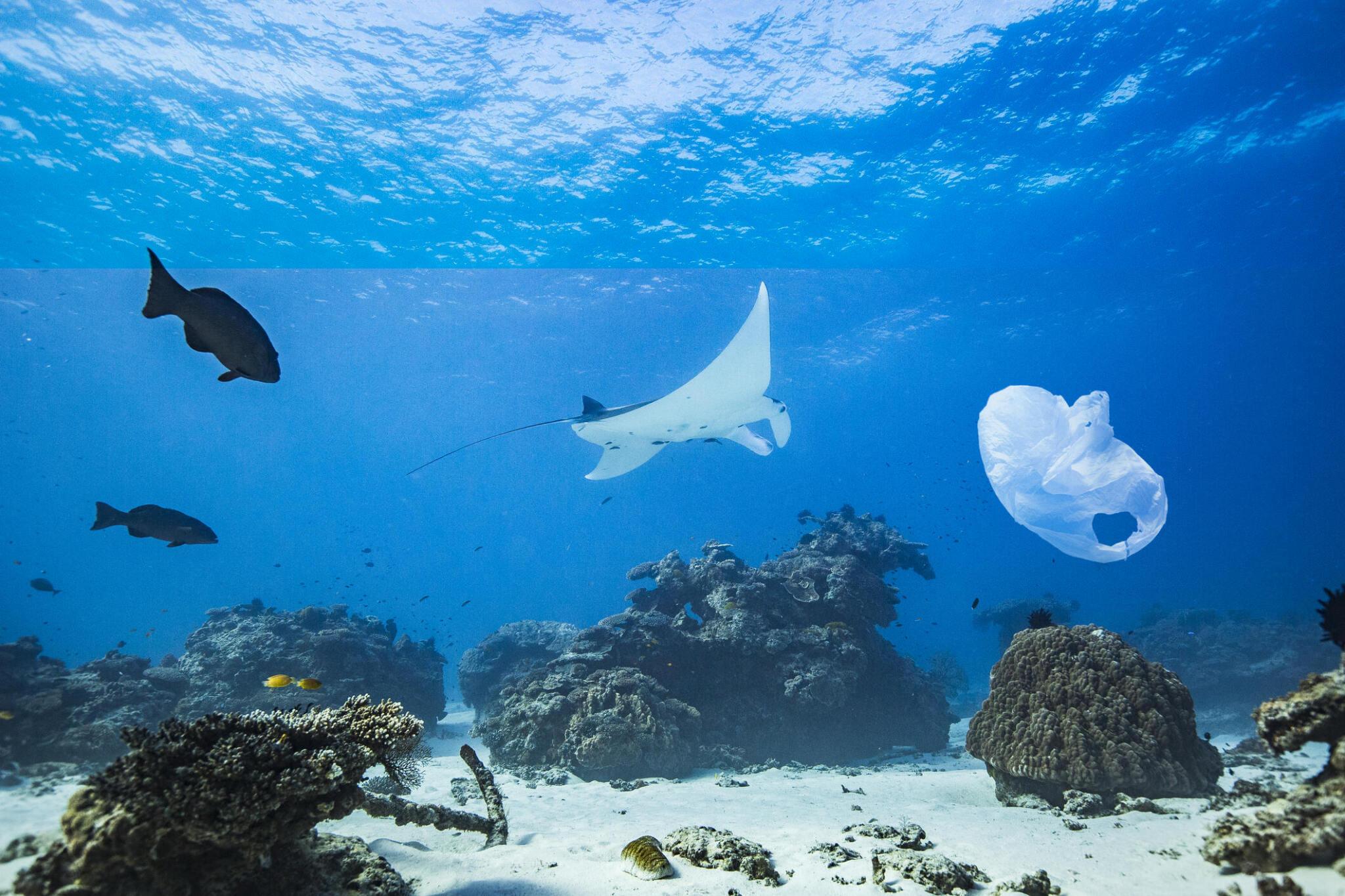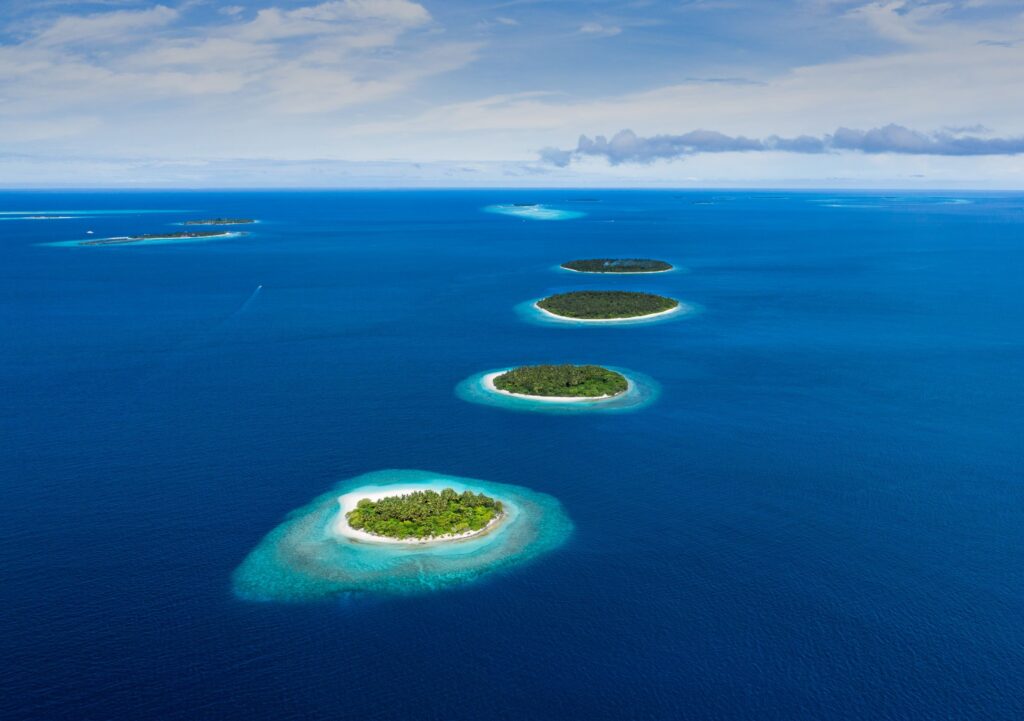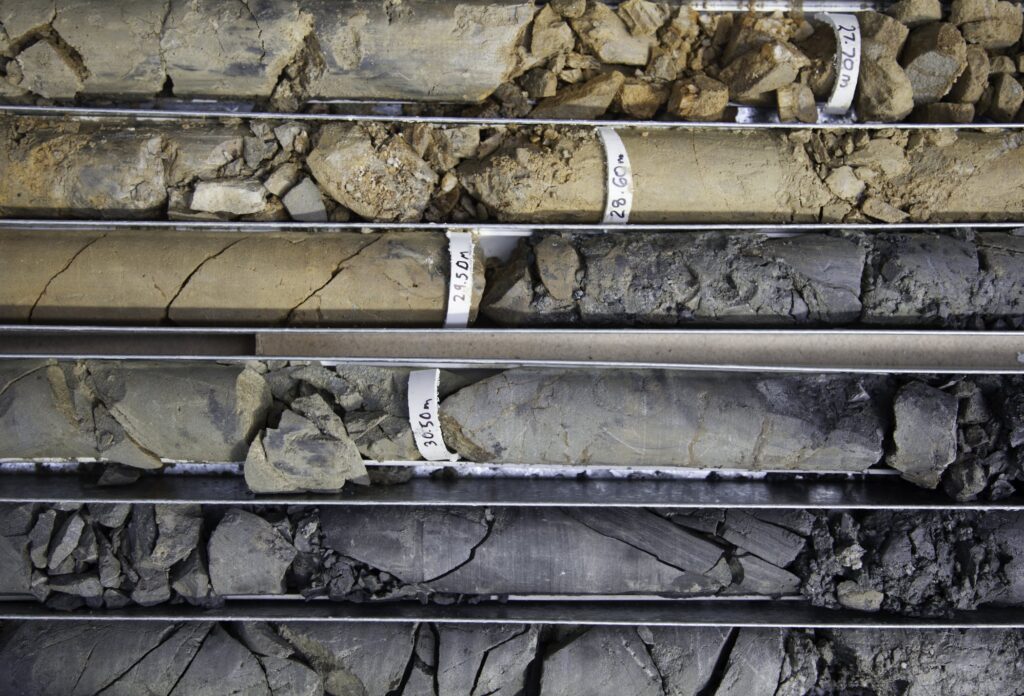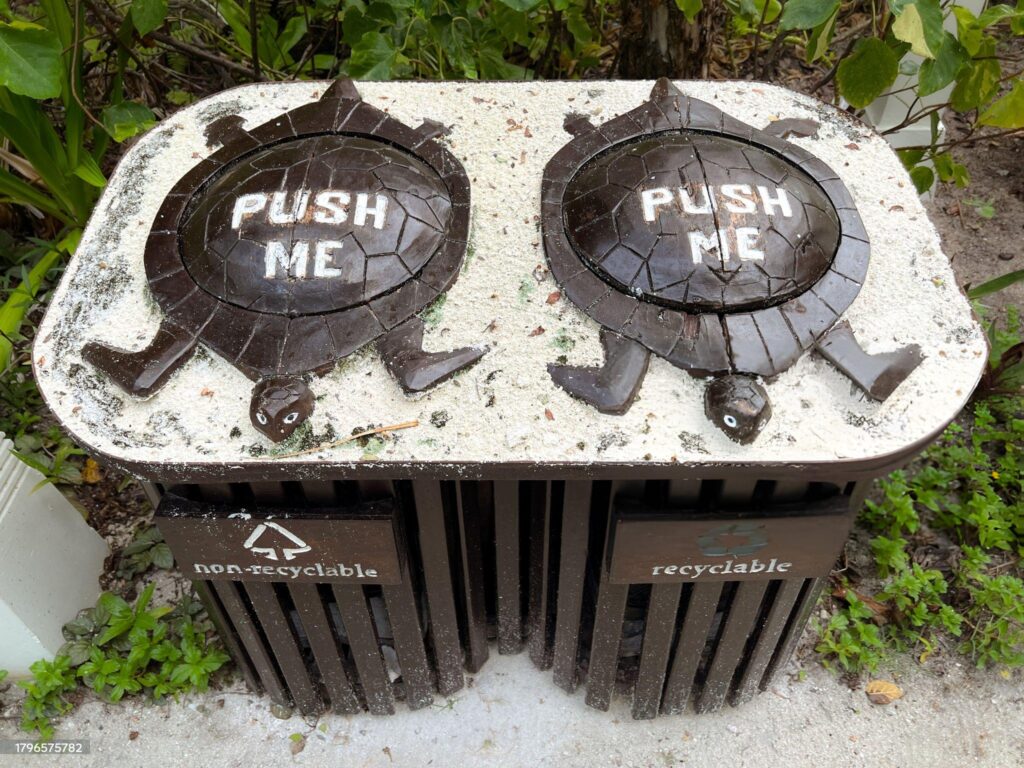The Maldivian archipelago, a string of pearls draped across the Indian Ocean, is a paradise renowned for its turquoise waters, pristine beaches, and vibrant coral reefs. This breathtaking beauty, however, faces a growing threat: plastic pollution.
Millions of tons of plastic enter our oceans every year, wreaking havoc on marine ecosystems and jeopardizing the very foundation of our island nation’s economy – tourism.
Here at SIDCO (Maldives Sustainable Island Development Consultancy), we understand the urgency of addressing this issue. In this blog, we’ll delve into the high cost of plastic pollution on our oceans, focusing on the phenomenon of “ghost gear” and its devastating impact on coral reefs, the lifeblood of the Maldives.
A Sea of Plastic: The Startling Rise of Ghost Gear
Ghost gear refers to abandoned, lost, or otherwise discarded fishing gear – nets, lines, pots, traps – that continues to ensnare and kill marine life long after it’s been separated from its intended use. Made primarily from synthetic plastics, ghost gear persists in the ocean for centuries, posing a constant threat to fish, turtles, dolphins, and even whales.
The statistics are alarming. The United Nations Environment Programme (UNEP) estimates that ghost gear makes up at least 10% of all marine plastic pollution. Studies suggest that abandoned fishing gear may be responsible for entangling and killing hundreds of thousands of marine animals every year.
In the Maldives, where coral reefs are a cornerstone of our tourism industry, ghost gear poses a specific danger. As fishing nets snag on coral formations, they tear and break delicate structures, hindering the reef’s ability to grow and thrive. Damaged reefs not only lose their vibrant beauty, but also their crucial role in providing shelter and food for countless marine species. This domino effect disrupts the entire marine ecosystem, ultimately impacting fish populations that attract tourists and sustain local fisheries.
The Economic Cost: Counting the Coral Cheer Lost
The economic cost of plastic pollution on our oceans is staggering. A 2020 study by The Pew Charitable Trusts estimates that the global economic costs of plastic pollution could reach $3 trillion by 2040. In the Maldives, where tourism accounts for a significant portion of our GDP, the impact is particularly acute.
Healthy coral reefs are the foundation of our tourism industry. They draw divers and snorkelers from around the world, eager to witness the underwater spectacle of vibrant coral teeming with life. When ghost gear damages these reefs, the loss of this natural wonder translates into a decline in tourist arrivals and revenue. Additionally, damaged reefs become less effective at protecting our shores from erosion, further jeopardizing coastal infrastructure and livelihoods.
Turning the Tide: Solutions for a Cleaner Ocean
The good news is that we can turn the tide on plastic pollution. Here at SIDCO, we are committed to working alongside government agencies, NGOs, and the private sector to implement effective solutions.
Some key initiatives include:
- Supporting beach cleanups and ghost gear removal programs: Regularly removing abandoned fishing gear from our waters is crucial for protecting marine life and restoring coral reefs.
- Promoting responsible fishing practices: Encouraging the use of biodegradable fishing gear and advocating for gear marking to facilitate retrieval of lost equipment can significantly reduce ghost gear entanglement.
- Investing in waste management infrastructure: Developing robust waste collection and recycling systems on our islands is essential to prevent plastic from entering the ocean in the first place.
- Raising awareness through education and outreach programs: Educating tourists, local communities, and fishermen about the dangers of plastic pollution and promoting responsible waste disposal practices is critical for long-term behavioral change.
A Call to Action: Working Together for a Sustainable Future
The issue of plastic pollution in our oceans is a complex one, but it’s not insurmountable. By working together, we can create a future where our coral reefs flourish, our marine ecosystems thrive, and the Maldives continues to be a beacon of beauty and sustainability.
Here’s how you can be part of the solution:
- Reduce your plastic footprint: Make conscious choices to minimize single-use plastics in your daily life.
- Support eco-friendly businesses: Choose resorts and tour operators committed to sustainable practices.
- Spread awareness: Talk to your friends, family, and colleagues about the importance of protecting our oceans from plastic pollution.
- Volunteer your time: Participate in beach cleanups or support organizations working to remove ghost gear from the ocean.
By taking these steps, we can all play a role in ensuring a future where our oceans are teeming with life, not plastic. Let’s work together to turn ghost gear into coral cheer – for the sake of our Maldives, and for the health of our planet.




